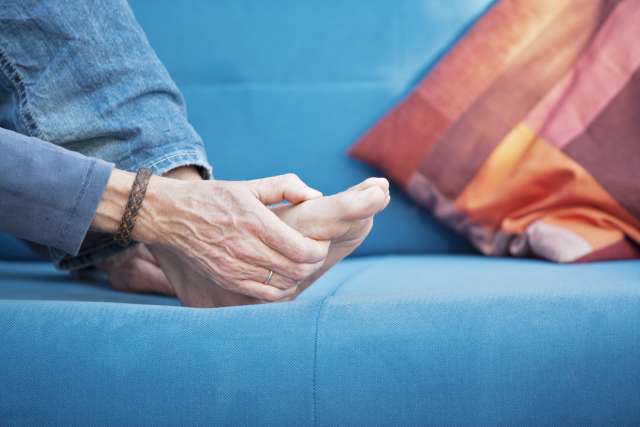Dear Doctors: The pandemic restrictions were difficult, but I’m not comfortable with ending mask mandates yet. I think we’re rushing into it. I have a co-worker who says that since vaccinated people don’t get very sick, getting infected isn’t the big deal it used to be. Do you think that’s true?
Dear Reader: You’re not alone in feeling uneasy about the changes to mask mandates that we’re seeing throughout the country. In a recent national poll, more than half of those surveyed said they still wear a mask when spending time outside of the home, even though face coverings are no longer required in their area. And three-quarters of respondents said they use a mask at least some of the time, and they plan to continue to do so.
Epidemiologists at the health care center where we practice, UCLA, think that continuing to wear masks is a good idea. They point out that, despite having dropped from their previous peak, both infection and death rates from COVID-19 remain high. At the beginning of March 2022, new hospitalizations in the United States averaged 4,500 per day, while deaths topped 1,500 per day. This far exceeds a typical flu season, and it speaks to the need for continued vigilance. Since you’re concerned about the risk of becoming infected, you should keep using a mask while outside of the home. While relaxed regulations allow others to go without a mask, they do not require you to remove yours.
As for your co-worker’s view of developing COVID-19, there are serious flaws to that logic. It’s true the data show that vaccination offers protection against hospitalization and death. However, even mild illness carries serious risks. Among them is the condition we now know as long COVID-19, which is a collection of symptoms that persist for weeks or months after the initial illness has passed. It’s difficult to know for sure, but the data suggest that 10% to 30% of people with COVID-19 go on to experience long COVID-19 symptoms.

As we’ve said here before, a good mask helps to protect the wearer. That means N95 and KN95 masks, which have low porosity and can filter much smaller particles than a cloth mask. Now that these masks are once again widely available, we urge those still using a cloth mask to consider an upgrade. We know that we’re repeating ourselves when we focus on proper fit, but it’s an important topic. You want to be sure the mask hugs the bridge of the nose and wraps under the chin. The perimeter should be snug enough to create a seal, but not so tight as to be uncomfortable. The goal is a mask that can be worn for whatever duration of time it is needed. When a mask fits properly, it will gently inflate and deflate as you exhale and inhale.
And, yes, there is such a thing as mask fatigue. Just as we have now learned to take breaks from sitting too long at work, it’s helpful to work regular breaks from masking into your day. You may run into some peer pressure when it comes to continuing to wear a mask, but from a health and safety standpoint, we believe you’re making a wise choice.
To learn more about the vaccines and for the latest information visit UCLA Health's COVID-19 Vaccine Info Hub.
(Send your questions to [email protected], or write: Ask the Doctors, c/o UCLA Health Sciences Media Relations, 10960 Wilshire Blvd., Suite 1955, Los Angeles, CA, 90024. Owing to the volume of mail, personal replies cannot be provided.)





